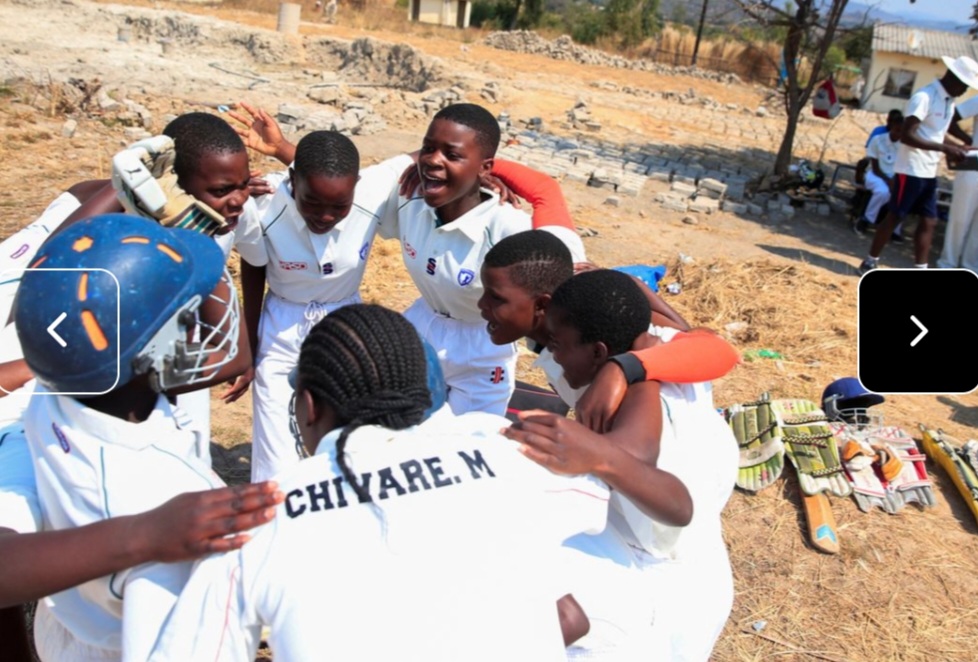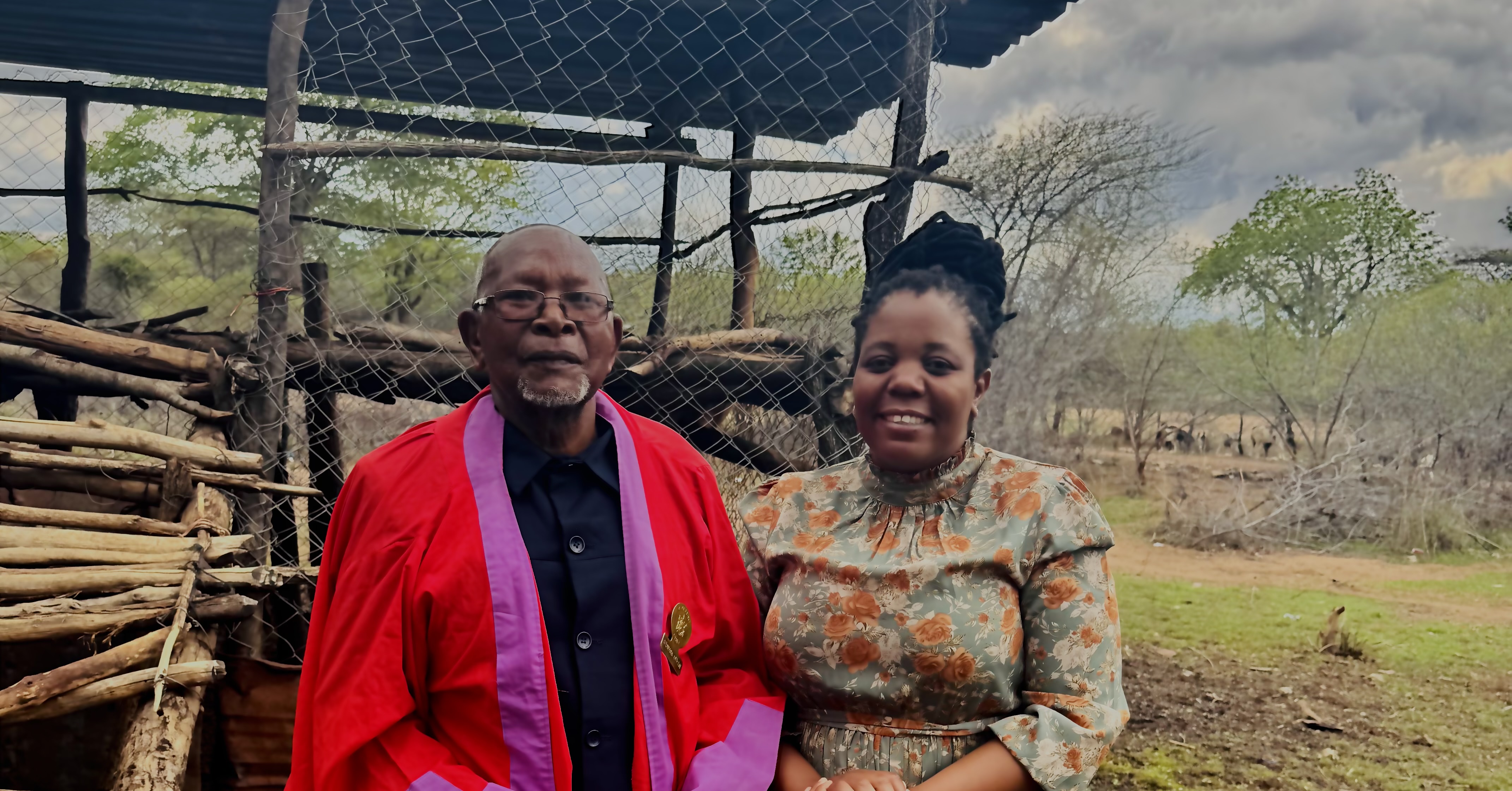In the community
Kept in check by tradition, Zimbabwe’s women cricketers focus on future

Hwange
Chief Nelukoba-Dingani sounds alarm as water crisis and wildlife attacks threaten Mabale
In the community
Hwange man jailed 19 years for sexual assault spree against relative
In the community
Tsholotsho man jailed for threats of violence and assault
-

 Slider3 years ago
Slider3 years agoInnscor launches brewery to produce Nyathi beer
-

 National4 years ago
National4 years agoIn perched rural Matabeleland North, renewable energy is vital
-

 Tourism and Environment4 years ago
Tourism and Environment4 years agoStrive Masiyiwa’s daughter opens luxury Victoria Falls lodge
-

 Opinion4 years ago
Opinion4 years agoA street art mural in Zimbabwe exposes a divided society
-

 Special reports4 years ago
Special reports4 years agoTinashe Mugabe’s DNA show’s popularity soars, causes discomfort for some
-

 National4 years ago
National4 years agoVictoria Falls’ pilot dies in helicopter crash
-

 National3 years ago
National3 years agoCommission of inquiry findings fail to be tabled as Victoria Falls councillors fight
-

 National3 years ago
National3 years agoHwange coal miner fires workers over salary dispute




gratis binance-konto
July 29, 2024 at 11:54 am
Your article helped me a lot, is there any more related content? Thanks!